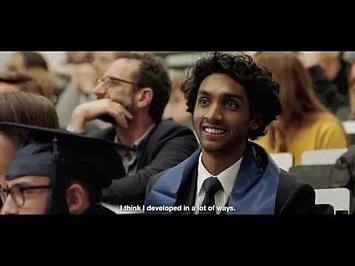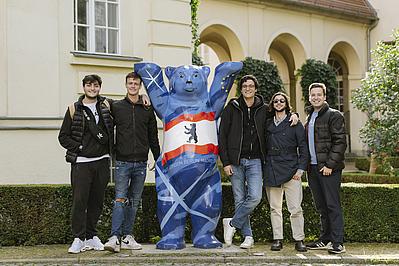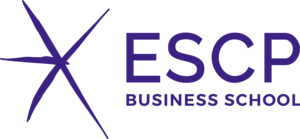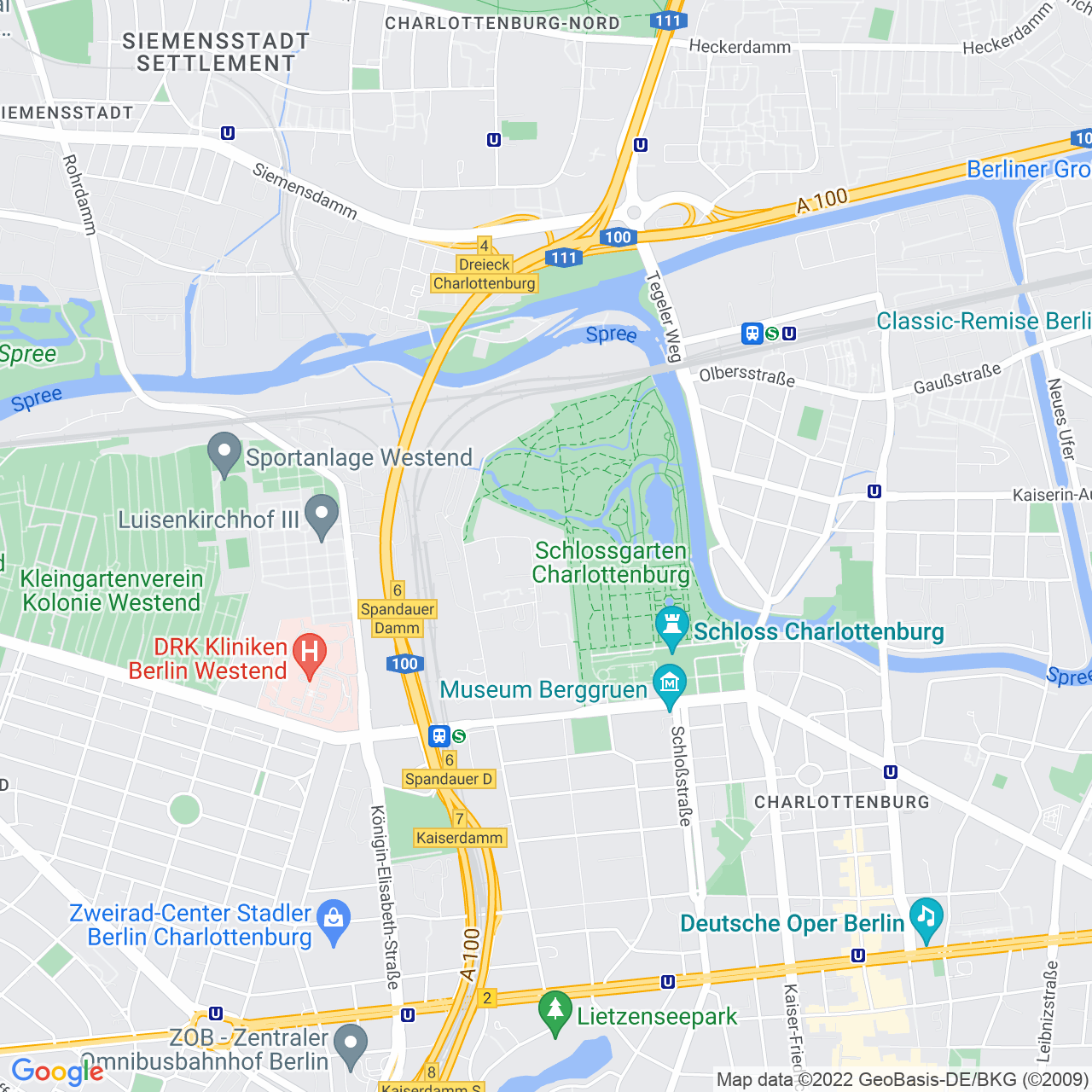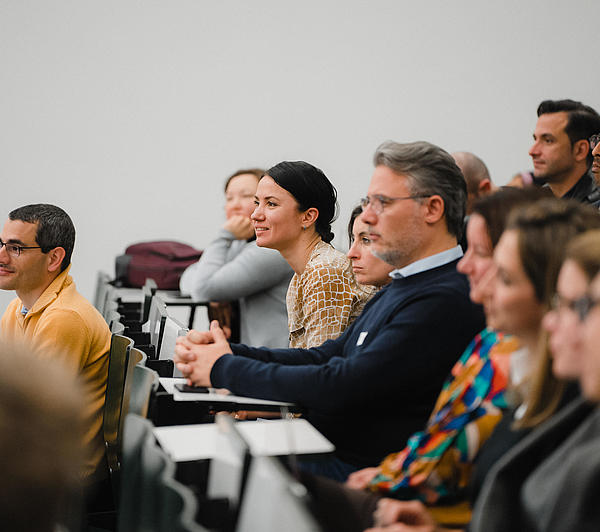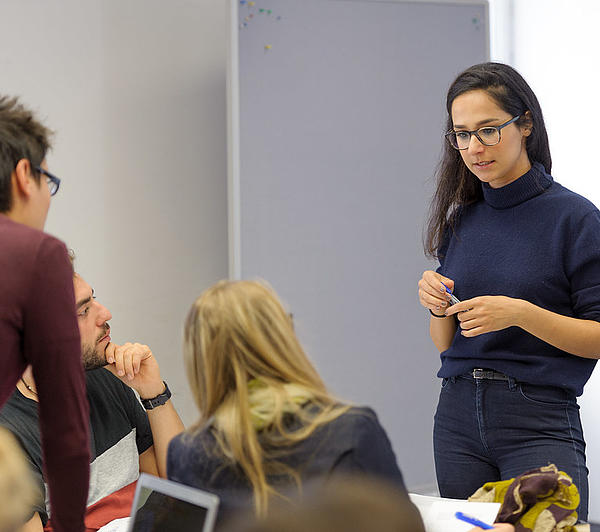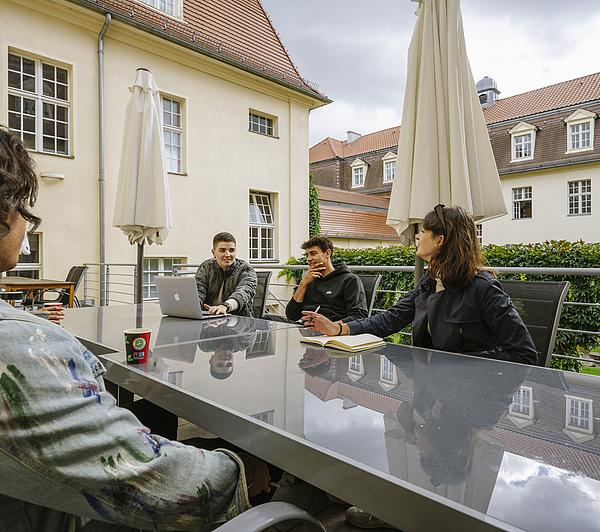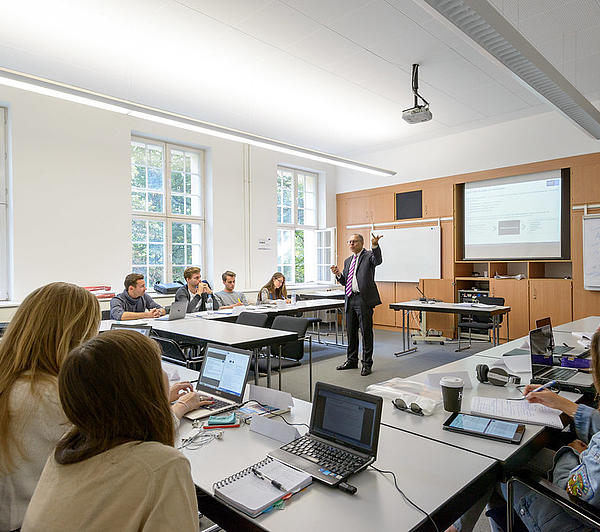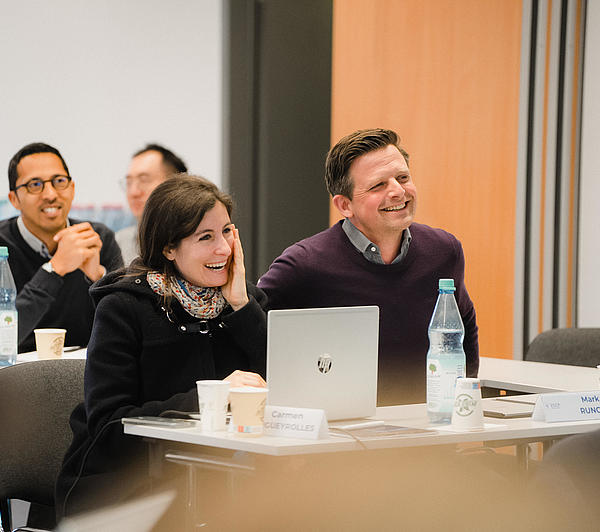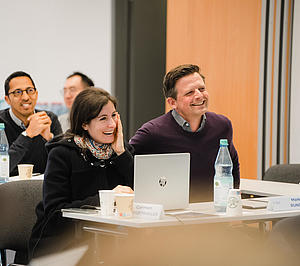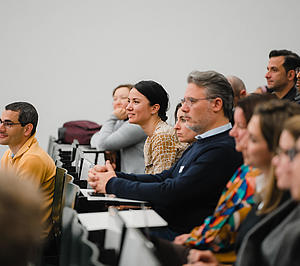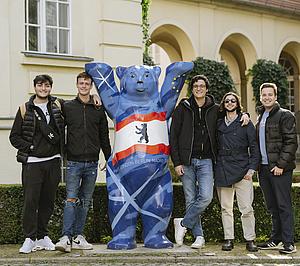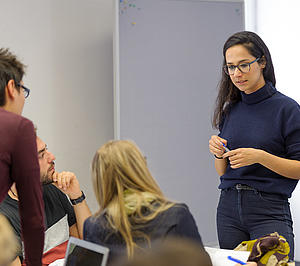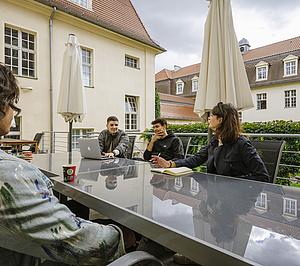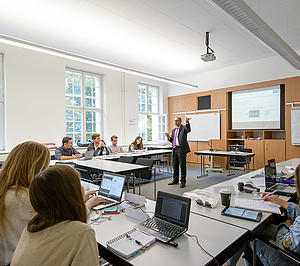Your career makes a difference!
Our world is changing. Climate change is already having a visible impact, and biodiversity losses are becoming distinctly observable. Businesses as well as society at large thus acknowledge the need to assume our responsibility for a sustainable management of the economy and our livelihoods.
Objectives of the programme
Politicians are following that call. Renewable energy technologies are reaching advanced stages, and more resource-efficient solutions from a circular economy or the sharing economy are starting to spread. Start-ups are developing innovative solutions for urban farming, and cities considering green infrastructure or modern mobility concepts. Companies are asked to report on their environmental and social impacts, and to develop responsible supply chains in their highly internationalized operations. The changes to business are inevitable, and are more important than ever.
Future Managers for viable solutions
The Master in International Sustainability Management equips you with the knowledge and skills to manage this change. It offers a broad portfolio of classes on the problems we face, solutions to discuss, and management tools to deal with the transition.
Discussions and a high level of team work will equip you with the interpersonal skills to argue your position and persuade others, as well as collaborate cross-culturally with your peers. Student societies and associations offer the possibility to engage sustainably right away, offering you an ever-growing network and leadership skills.
The programme is designed for future business leaders, but might just as well guide you to a career in consulting, governance, politics or an NGO. Work where you can make the impact you want.
Entry Level: Bachelor degree (180 ECTS)
Duration: 2 years (fulltime)
Language: English
The Programme
As a Master of Science, the programme is grounded in science and research, but also takes on a business perspective. We are convinced that future managers need to understand the world and context in which they operate before implementing viable solutions.
The programme therefore starts with an introduction to sustainability research and natural science foundations on climatology and ecosystems. Alongside an initial acquaintance with the business side of sustainability management, the Master addresses the economics perspective on resource exploitation and emission control on which government regulations are formed. The curriculum then continues to alternate between business frameworks for a sustainability transition and topics such as NGO management or sustainable governance.
Curriculum
- In your first term, you will study environmental and sustainability management in Berlin. You will learn about business ethics and corporate social responsibility, eco-marketing, and integrated “triple-bottom-line” reporting. At the same time, you will study climatology and resource economics, preparing you for a real role as an advocate for sustainability.
- In your second term, you will study how companies can learn to become more sustainable, and take an elective that will allow you to delve further into an issue that you are particularly passionate about, such as human rights and international business or business and sustainability in the developing world.
Berlin and Paris
The two-year programme is taught at ESCP’s Berlin and Paris campuses, with two fixed terms in each city. In term 5 you will write your Master's thesis. Term 6 allows you to do an internship wherever in the world you like. The class composition is highly international. This blend and the mobile lifestyle will ideally prepare you for a global career.
Company Consultancy Projects - Experiental learning
You will accomplish a Company Consultancy Project during the MSc in International Sustainability Management programme, which allows you to put into practice the concepts acquired in the classroom. The projects provide students with collaborative and intercultural work experience on a case provided by a company.
In groups of 4-5, students are expected to perform an in-depth analysis and make recommendations for actions that can realistically be implemented by the company.
At the heart of the programme, the Company Consultancy Projects are a key element of the programme that enables students to get to know a sector or a specific function. They require significant commitment and focus from the students.
Skills improvement
Through the Company Consultancy Project, students learn how to work efficiently as a team and hone their skills in:
- Project Planning and management
- Data collection and analysis
- Development of hypotheses and recommendations
- Customer service
- Public speaking and presentations
Throughout the project, tutoring is provided by an ESCP professor.
Students learn how to approach an issue with a critical mindset, and how to react swiftly in unexpected situations with a creative and open-minded attitude.
Examples of partner companies and company consultancy projects
- BBVA, BNP Paribas, Capco, Deloitte, Indra, Porsche Design, Eaton, IBM ...
- Development of a CSR strategy, Development of an innovative B2B online portal, Study of business intelligence, Valvetrain footprint optimisation ...
Sustainability Professions
Sustainability professionals work in “green” companies, such as renewable energy, technological, food, clothing or cosmetics industries, or in certification agencies.
Their mission: to rethink traditional business ideas in ways that create more sustainable value. Others work as environmental or corporate reputation consultants, green governance experts, or non-governmental organization officers. Some eventually go on to found their own innovative start-ups or become social entrepreneurs.
The Careers Service
- Prepare your Career Plan: The Careers Service team supports you in preparing a well-structured Curriculum Vitae and cover letter in order to increase your chances of making an impression on companies. In addition, careers support also provides you with a structured method and process to prepare a plan, in order to start and build an effective job-seeking strategy.
- Job Fairs and Recruitment Day: Of particular relevance are the Job Fairs and Recruitment Days organised by the ESCP Careers Service on each campus. Students are welcome to attend the job fairs on any of ESCP's campuses, no matter the current study location. Thanks to these large events you have the opportunity to directly get in touch with HR and managers of leading companies.
Post-graduation options for non-EU citizens
Start your sustainability career in Europe. Studying in Germany has many distinct advantages during and after your studies. Upon completion of a state-recognised degree, non-EU citizens are entitled to apply for an 18-month job-seeking visa, among other options. See more information here.
The Alumni Network
Once you have completed your Master, you have the opportunity to be part of the Alumni Network that updates ex-students about newest internship and job offers for the national and international business environment.
Requirements
- A Bachelor degree with a minimum of 180 ECTS from a state accredited institution of Higher Education i.e. university
- A university background preferably in economics, social or natural science, or engineering
- *(Students from a non-business/economics background are required to participate in a preparatory course prior to the start of the programme. This course includes the fields Accounting, Marketing, Finance, Economics and Controlling)
- Fluency in English: TOEFL, TOEIC or IELTS scores or English test on campus
- Work experience not required (if given, maximum 2 years)
Class of 2022 profile
- 43 students, 15 nationalities, 4 continents
- 65% are business/economics graduates
- 23 is the average age of students starting this programme
- 28% male, 72% female
Admission step 1 - Application Form
To apply for the Master in International Sustainability Management Programme you have to submit the following documents:
- Letter of motivation (half page)
- Photocopy of passport or identity card
- Your resume (curriculum vitae)
- Transcripts of records of all years of higher education (certified copies) and current weighted average mark and/or expected final grade
- Bachelor degree - if you hold it already - original or certified copy
Admission step 2 - online tests and personal interview
Candidates who have successfully passed the Background evaluation will be invited to the online admission day. The day consists of:
- Online deductive and numerical logic test (you will find more information and examples here)
- Individual interview
- English test (written, oral)
- Applicants whose first language is English or who provide the result of a standardized language test not older than two years are exempt (TOEFL written 600; TOEFL IBT 100; TOEFL computer based 250; IELTS 7)
Admission step 3 - confirmation
Candidates will be admitted on a rolling basis.

